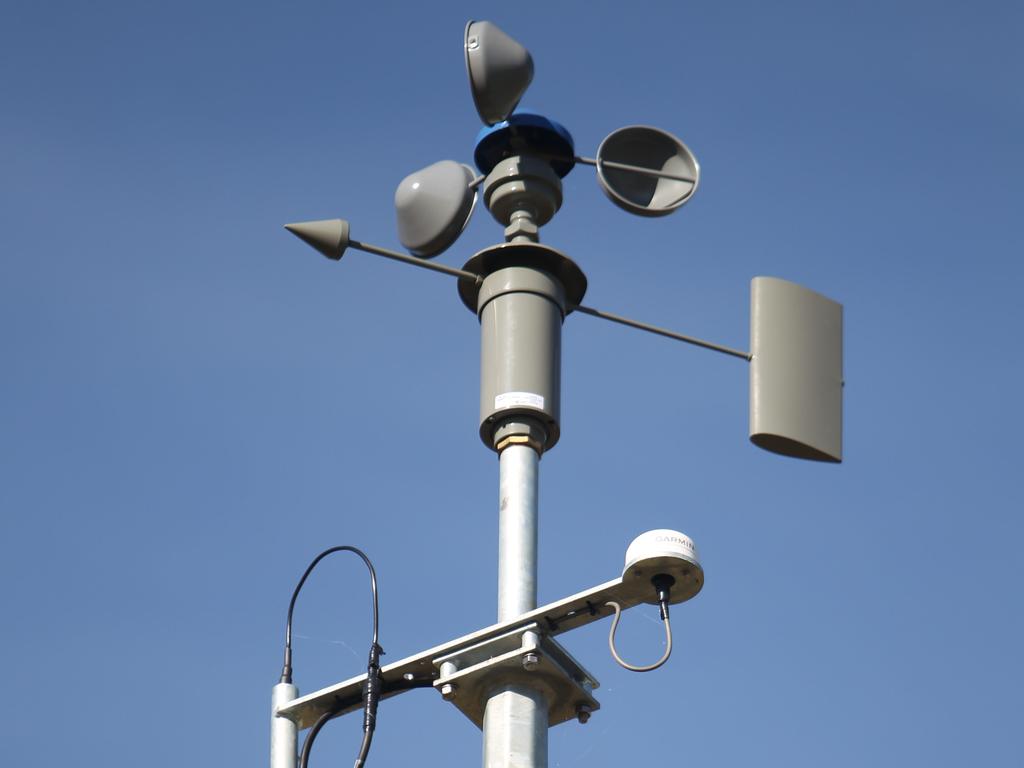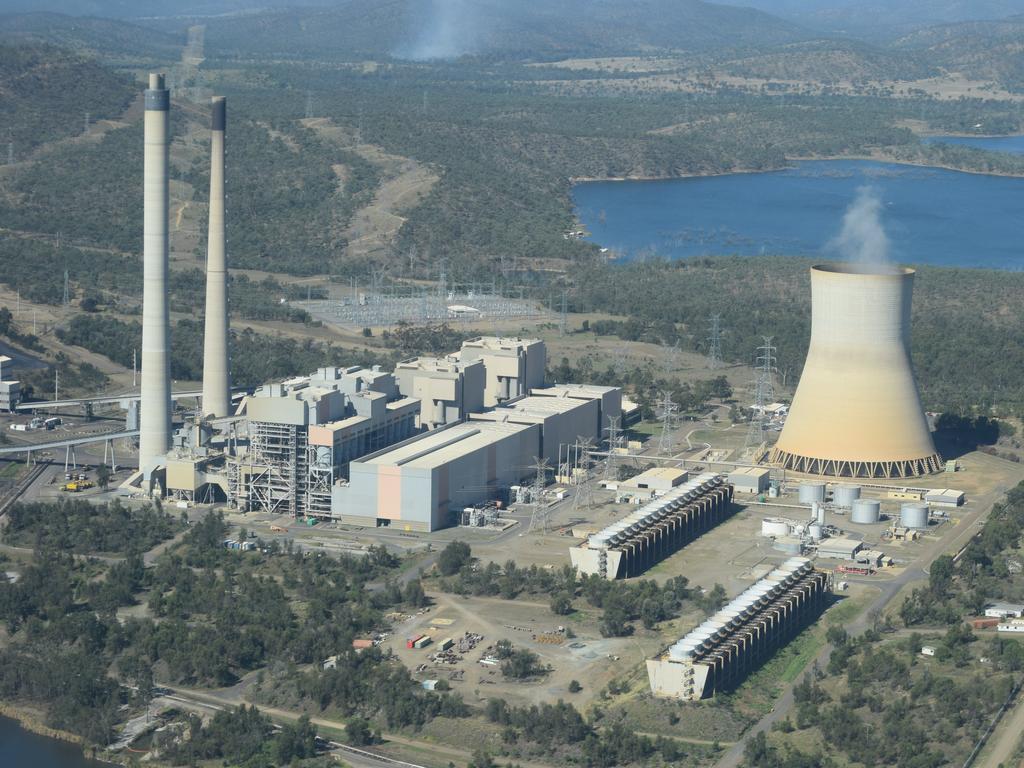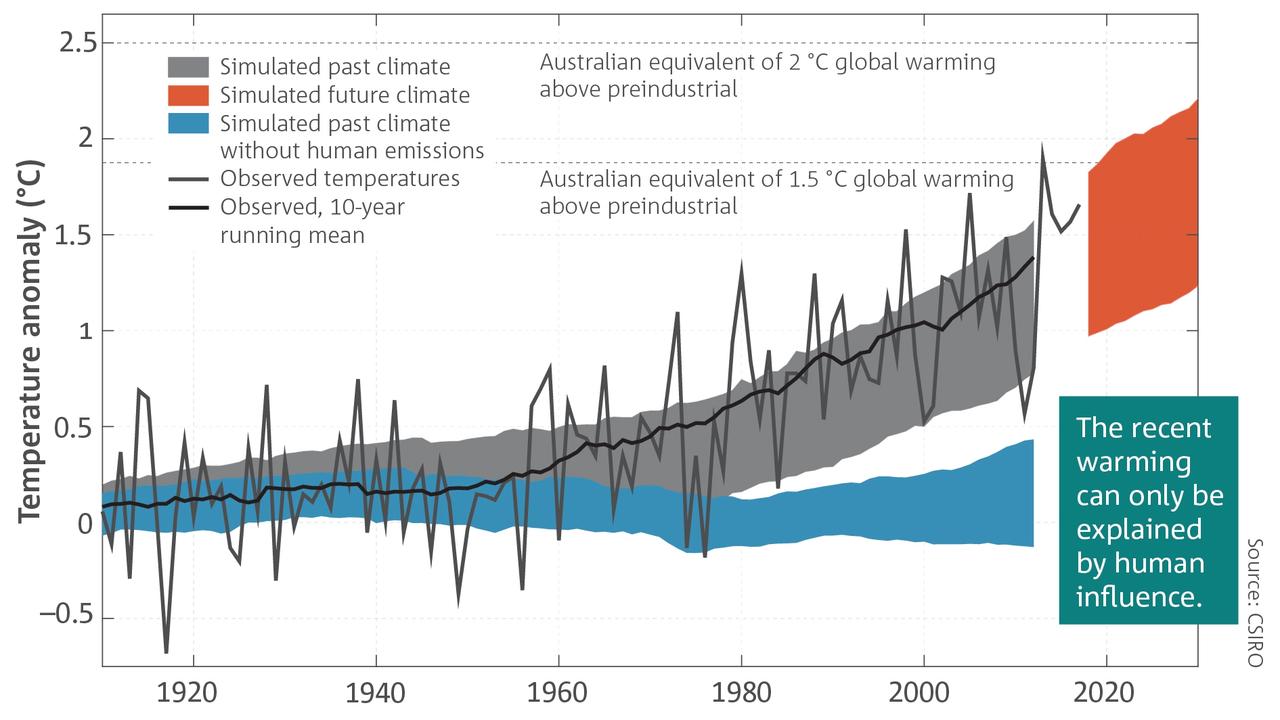Responding to ‘wild’ online comments about climate change
A climate scientist has jumped into news.com.au’s comments section to debunk the climate change myths that just won’t die. She didn’t hold back.
On Monday, news.com.au launched its series Time Is Now, focusing on how climate change impacts Australians’ way of life.
The feedback was overwhelming and encouraging, and our readers engaged strongly with the content, which we brought to you thanks to the insights and extensive research of scientists, in special partnership with Judith Neilson Institute for Journalism and Ideas and the Australian Science Media Centre.
Dr Sarah Perkins-Kirkpatrick, a senior lecturer and ARC Future Fellow at the Climate Change Research Centre at UNSW Sydney, was one of a number of experts who offered their insights.
And today, she returned to offer a rebuttal to a few of the, shall we say “wilder” comments received.
DODGY METEOROLOGISTS
Deplorable Shag commented: “The BoM homogenised its historical records.”
That’s their caveat on claims that Australia has warmed over several decades, touching on a baffling belief that the Bureau of Meteorology is involved in some sort of conspiracy to fiddle with historic data in order to fraudulently prove climate change.
A few people in the comments section accused the Bureau of duping us all.
And they’re right. The Bureau does “homogenise” its records – like virtually every other meteorological service in the world.
“Homogenisation means that the Bureau runs two records simultaneously and uses an algorithm to remove errors in the data. That is, things that aren’t reflective of reality,” Dr Perkins-Kirkpatrick explained.
“Before digital weather recording was the norm, human error was way more likely. It’s why the BOM doesn’t officially look at data pre-1910, because there was no standard of measurement.
“In some cases, thermometers were out in full sunlight in the outback, and so, not reflective.”
RELATED: Myths around Australia’s horror bushfire season debunked
RELATED: What 2C of warming actually looks like

There’s no tampering with data – merely an effort to ensure a high level of accuracy by accounting for human error, changes in the environment, like urban sprawl, and the location of weather stations.
“But these records are still there. Anyone can access them. The BOM has nothing to hide. There’s no conspiracy.”
If anything, homogenisation makes the Bureau more conservative in its forecasts, Dr Perkins-Kirkpatrick said.
Without the homogenised historic data, the rate of warming would be worse.
STARVING TO DEATH!
Itz wrote: “There can be no modern farming, no tractors, no harvesters and no transport of food to supermarkets without fossil fuels, so this means no food and starvation for all.”
Anyone who believes in climate change should ditch their phones, laptops and airconditioners, which all relied on fossil fuels for their manufacture, some commenters argued.
And Itz remarked that without coal and other resources, we’ll all starve to death.

Better start stockpiling two-minute noodles along with all that toilet paper, Australia!
“Firstly, no reasonable person is proposing we shut down the coal industry tomorrow and see what happens,” Dr Perkins-Kirkpatrick said.
Reducing humanity’s reliance on fossil fuels is a big part of the long-term solution to combat the dire consequences of a changing climate.
But no one’s expecting people to sit in the dark by candlelight or to watch the economy collapse.
“Change is slow and that’s OK. But it needs to happen,” she said.
A transition to renewables would be gradual and managed to limit the social and economic impacts, and it would provide a wealth of new opportunity.
“It will be possible in the future to run off renewables,” she said.
“The technology now means it’s reliable, increasingly affordable and widely available. And the tech is getting better.”
‘IT’S NOT HOT HERE’
Simmo commented: “The climate hasn’t changed in over 50 years since I’ve lived here. If anything, we’ve had mild summers … except for the last three or four.”
If your town or suburb had a mild summer, it seems you’re more likely to dispute the validity of climate change.
A number of commenters from Adelaide spoke about how cold the South Australian capital’s summer was.
Except during those days where bushfires ravaged the landscape, perhaps. But in any case, they insisted that a lack of warmth meant no climate change.
“Cherrypicking individual locations isn’t evidence of the bigger picture,” Dr Perkins-Kirkpatrick said.
“Some individual stations might show little change over a few decades. But the fact is that 2019 was Australia’s hottest year on record, and the driest year on record.”
RELATED: The biggest climate change myths debunked

Many datasets at both an Australia-wide and global level demonstrate that temperatures have increased steadily over the past 50 years.
“Globally, each of the past five decades has been much warmer than the one before it,” Dr Perkins-Kirkpatrick said. “There is no doubt. The world has gotten warmer – and continues to do so.”
GLOBAL GRAVY TRAIN
Faithful Servant commented: “AGW (anthropogenic global warming) is not about climate, it is about power, money and privilege. The elites want it all! They expect us to give it to them for free.”
A couple of commenters touched on the notion that climate change is a conspiracy to make billions and billions of dollars.
There were some other references to the trillion-dollar profit being shared around by scientists who accept human-induced climate change.
“Really?” Dr Perkins-Kirkpatrick laughed. “No one told me. I live in the northwest of Sydney in a pretty ordinary home.”
SATELLITES!
Jason commented: “Satellites have only existed for the last 50 years. So take 50 divide by over 4 billion and you understand the absolute trivial percentage of understanding we have, and how flawed this data can be.”
Dr Perkins-Kirkpatrick said that while satellites are indeed a modern invention, scientists can get an insight into climate patterns from thousands and thousands of years ago.
“We have paleo records. We can dig out large columns of ice, look at tree rings and coral rings, and examine old lake bed sediments.
“We can get an idea of what the climate was like thousands upon thousands of years ago. It’s not a daily timescale, sure, but it is yearly.
“And some proxy records can give an idea of climate going back a million years.”
CARBON DIOXIDE – NO BIGGIE
Leaky Boat commented: “Carbon dioxide is less than one per cent of the earth’s atmosphere … scientists don’t agree if it causes any major problems.”
Part of the Time Is Now series was a story busting some of the common climate change myths – one of them being that carbon dioxide doesn’t matter, which is here if you’d like to read it.
Dr Perkins-Kirkpatrick had two rebuttals for Leaky Boat.
Firstly, carbon dioxide does make up less than one per cent – but it’s extremely potent, and too much is dangerous.
“A tiny, tiny, tiny amount is good. Too much is bad. And we have too much. Carbon dioxide acts like a thick blanket at night, trapping heat and warming the Earth uncomfortably.
“It can last 200 years or more in the atmosphere, so the blanket is getting thicker every year.
“Since the Industrial Revolution, carbon dioxide has increased 130 million parts per million thanks to us – humans – and our addiction to fossil fuel.”
And on Leaky Boat’s second point, that scientists don’t agree if it’s a problem.
“No, it’s harmful,” Dr Perkins-Kirkpatrick said. “And on that, the science is settled.”




